Nasrallah’s killing leaves Hezbollah diminished with a void at the top
The next leader of the Lebanese militant group will confront the most challenging moment in the organization’s four-decade history.
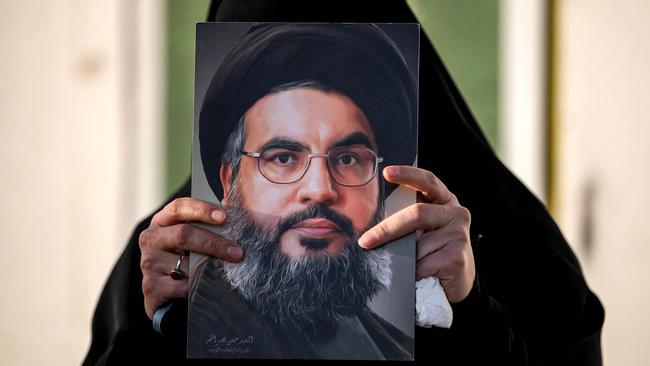
An Israeli strike on an underground bunker that killed Hezbollah’s leader of more than three decades has left a gaping void at the top of the world’s most heavily armed nonstate militia and cast a cloud of uncertainty over its future.
Hezbollah is expected to survive as a militant, political and social organization in Lebanon and has other leaders seen as potential successors. None of them has been heard from publicly since Friday’s strike, and none has a profile that comes close to matching that of Hassan Nasrallah, whose speeches denouncing Israel and the West were followed more closely throughout the Arab world than those of most state leaders.
Nasrallah’s successor “will be identified with a struggling, diminished, degraded Hezbollah,” said Rym Momtaz, a security analyst at the Carnegie Endowment for International Peace, a think tank in Washington. “This will be a turning point in the history of the organization.”
Hezbollah, which the U.S. designates as a terrorist organization, and its Iranian backers are expected to select Hashim Safieddine, the head of the group’s executive council and a cousin of Nasrallah, as his successor, observers said. That is, at least, if he wasn’t also killed in the Israeli airstrike that took out Nasrallah.
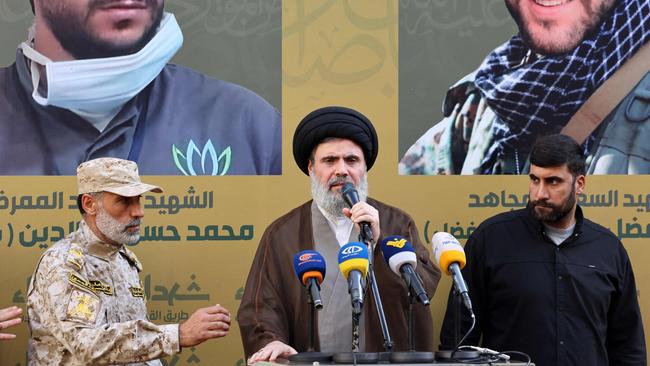
Safieddine has strong ties with Iran, where he completed religious studies, and his son is reportedly married to a daughter of Qassem Soleimani, the Iranian military leader who was killed in a U.S. drone strike in 2020. At times in the past year, Safieddine has advocated internally for a more aggressive approach toward Israel than Nasrallah ended up taking, people familiar with the group’s internal deliberations said.
In the wake of Nasrallah’s killing, surviving leaders have gone into hiding, making it difficult to determine who survived the strike. It has also complicated Hezbollah’s efforts to gather to discuss a successor. If Safieddine survived, he would be expected to guide Hezbollah through the official transition process, which is complicated by Israel’s infiltration of Hezbollah’s communication systems.
Nasrallah’s longtime deputy, Naim Qassem, isn’t seen as having the religious and political credentials—including ties to Iran—to be a viable candidate. Neither he nor Safieddine have been heard from publicly since Friday’s strike.
“If they all died, they’re going to get someone who nobody knows and it’s a huge humiliation for them,” said Hanin Ghaddar, a senior fellow at the Washington Institute for Near East Policy, a think tank.
As secretary-general, Nasrallah headed a council that oversees five specialized bodies responsible for issues including military, political and judicial affairs. The executive council, which manages Hezbollah’s daily operations, is the most powerful of those bodies.
Nasrallah headed Hezbollah’s executive council before becoming secretary-general in 1992, when Israel killed his predecessor, Abbas al-Musawi, in a helicopter attack on his motorcade in south Lebanon that also killed his wife and son. In retaliation, Hezbollah sent a suicide truck bomb through the gates of the Israeli Embassy in Buenos Aires a month later.
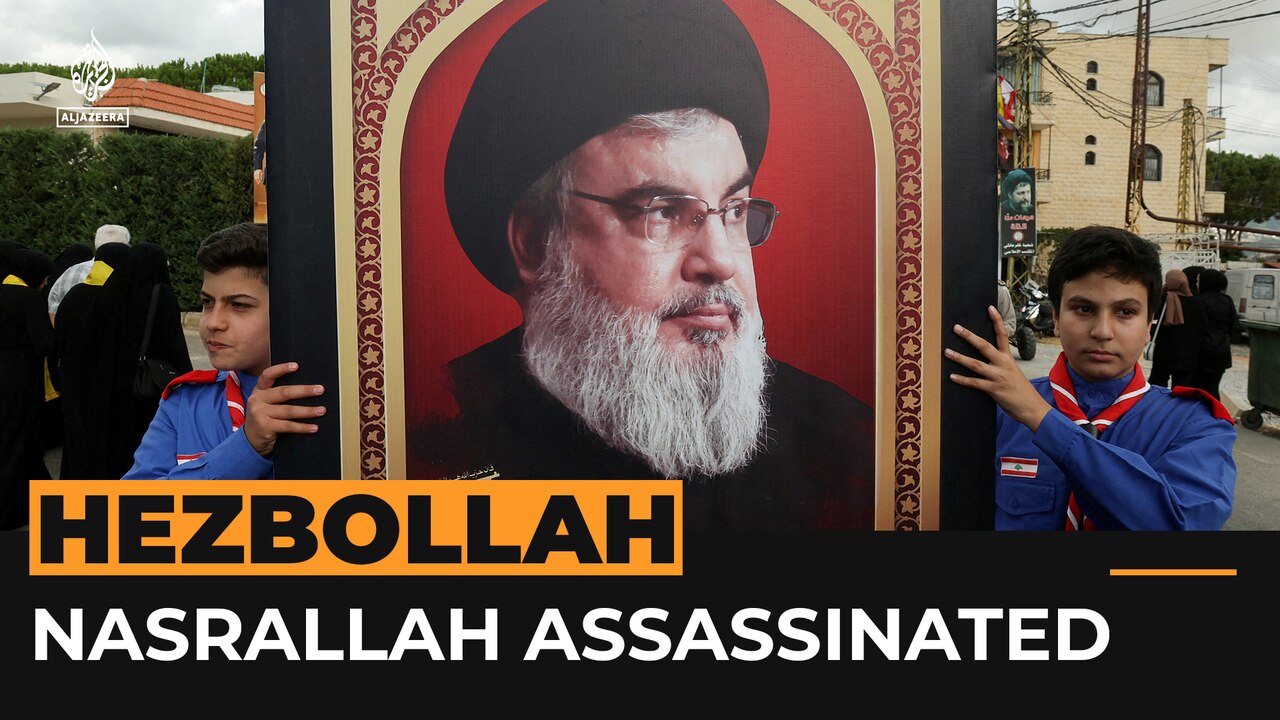
Hezbollah’s next leader will confront the most challenging moment in the group’s four-decade history. Israel has carried out a string of devastating attacks on the group, seeking to get Hezbollah to stop its strikes that have forced tens of thousands of people to evacuate northern Israel. Hezbollah, which has been striking Israel for nearly a year, has vowed to continue until Israel ends the war in Gaza.
In recent weeks, Israel has detonated thousands of Hezbollah pagers and walkie-talkies, killing 37 people and injuring around 3,000. Israel’s airstrikes have taken aim at Hezbollah’s arsenal of rockets and missiles and killed more than a dozen military leaders. Its troops are now gathering near the border for a potential ground invasion.
In response, Hezbollah fired a missile at Tel Aviv for the first time but has refrained from a larger response that could escalate the conflict further. Nasrallah’s successor will face pressure to retaliate over his killing, while likely struggling to command the same kind of discipline among Hezbollah members that the 64-year-old instilled by force of personality.
Before Israel’s recent campaign began, Hezbollah possessed a vast arsenal, including precision-guided ballistic missiles, that could overwhelm Israel’s air defenses and target nonmilitary sites. It is unclear how much of that remains. A ground invasion into southern Lebanon, where Hezbollah has tunnels and other defenses, could prove much more costly for Israel.
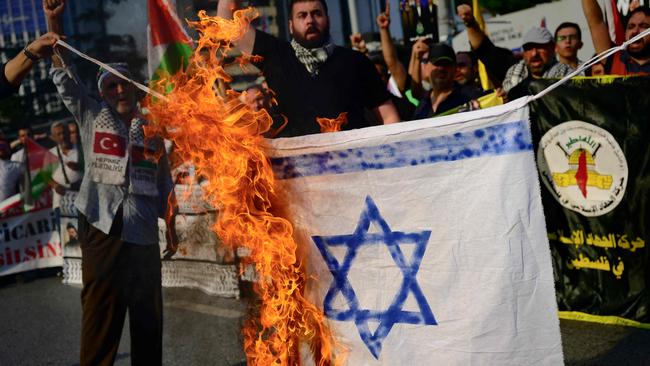
It is likely that cooler heads will prevail and the group refrains from attacking Israel with some of its most powerful missiles, said Nicholas Blanford, a senior fellow at the Atlantic Council’s Middle East Programs. But nothing can be ruled out. Iran could decide that the killing of Nasrallah went a step too far and go to war, or rogue Hezbollah militants could lash out at Israel on their own. Iran could also call on other allies in Yemen, Iraq and Syria to increase attacks on Israel.
“All bets are off,” said Blanford, who wrote a book about Hezbollah. “There will be a very powerful sentiment to exact revenge regardless of the consequences.”Iran, which provides money, weapons and training that give it strong influence over Hezbollah, has so far avoided directly entering a full-scale war with Israel. Tehran will likely provide material support to keep the group afloat during this precarious period as it navigates with a new, largely untested set of leaders, analysts said.
With Hezbollah’s ranks devastated and in disarray, a bigger question looms about the long-term viability of Iran’s strategy of using Arab militias to exert influence across the Middle East. Hezbollah had played a central coordinating role in its network of alliances.The killing of Nasrallah and other top Hezbollah military commanders leaves Iran with three unattractive options in its conflict with Israel, said Ghaddar of the Washington Institute. It can replace them with Lebanese commanders with less training, put Iranian commanders directly in the field at great risk, or conduct a tactical retreat.
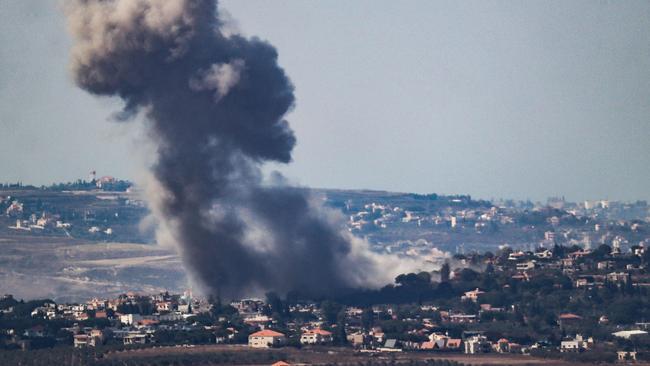
“Tell the Israelis, ‘You won. We have to stop this,’ and then take their time to restructure Hezbollah,” she said. “It could take years but it’s better than losing everything.”
In the hours after Hezbollah confirmed Nasrallah’s death, Tehran indicated it had no such plans. Maj. Gen. Hossein Salami, the commander in chief of the Islamic Revolutionary Guard Corps, said Iran and its allies would “inflict more crushing blows” on Israel.
If Iran were to shift gears, Hezbollah wouldn’t be able to continue operating at the scale that it has been in Lebanon, where it had become a stronger armed force than the military and, effectively, a state within a state.
Its hegemony over Lebanon’s diverse ethnic and sectarian landscape has created bad blood with much of the population outside its immediate support base. Many Lebanese blame it for the 2005 assassination of former Prime Minister Rafiq Hariri, civil strife in 2008 that nearly sparked a new civil war, the Beirut port blast in 2020 and now a year of confrontation with Israel.
“It is a moment of extreme weakness for Hezbollah that the parties opposed to Hezbollah are going to try to take advantage of in order to reset the political chessboard in Lebanon and reduce Hezbollah’s dominance of politics in Lebanon,” said Momtaz, the security analyst. “That’s not something Hezbollah will take lying down.”
The Wall Street Journal


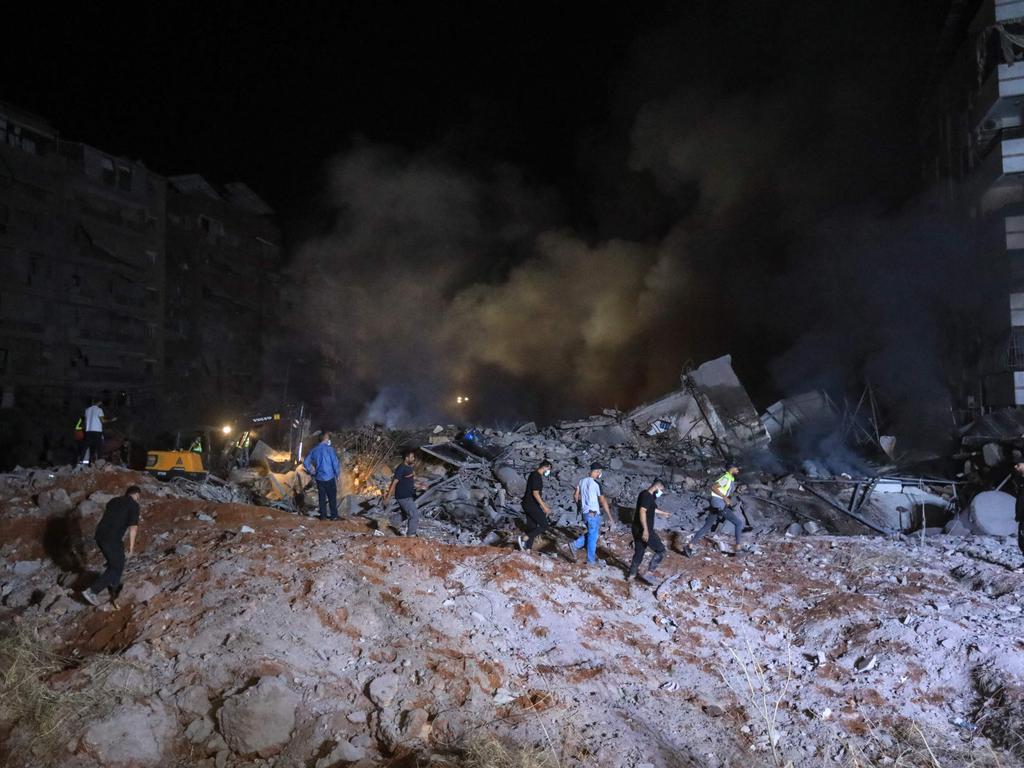



To join the conversation, please log in. Don't have an account? Register
Join the conversation, you are commenting as Logout